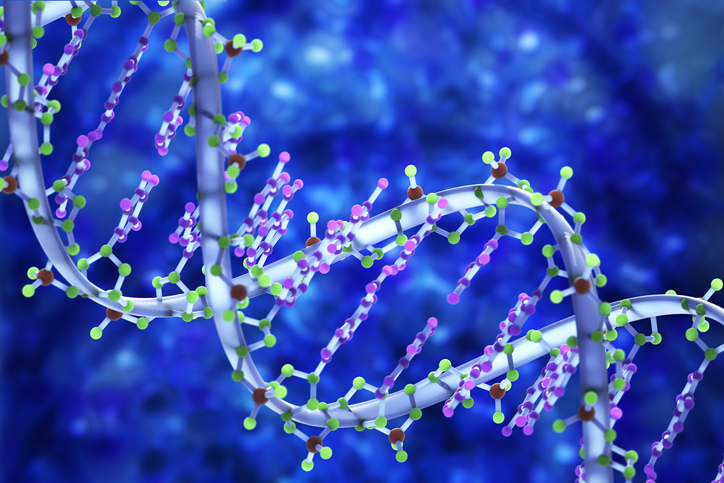

When Pacific Biosciences agreed to a buyout by Illumina nearly three years ago, the acquisition was pitched as pairing of companies with complementary DNA sequencing technologies. Antitrust regulators saw otherwise, leading the companies to abandon the deal. PacBio now has another deal intended to span the spectrum of DNA sequencing, but this time it’s as the acquirer. The sequencing company is paying $600 million to buy Omniome.
Menlo Park, California-based PacBio specializes in analyzing long stretches of DNA. These so-called long reads are more prone to errors. PacBio has developed long read technology that analyzes the same DNA fragment repeatedly, which it says is intended to overcome the random errors that can occur on each pass. Long read analysis has applications in infectious disease, plant and animal health, life science research, genetic screening.
Analysis of short stretches of DNA, or short reads, has use in early-stage cancer screening, monitoring for cancer recurrence, and therapy selection. Short reads are the type of sequencing offered by Omniome and Illumina, both based in San Diego. Omniome is developing a proprietary DNA sequencing platform intended to provide greater accuracy for its short reads compared to conventional sequencing technologies. Greater accuracy will be a differentiator in oncology applications; what drives value is the result, not the amount of data generated, PacBio said in an investor presentation.
Speaking on a company video, PacBio CEO Christian Henry said that combining long-read technology with Omniome’s short-read platform gives his company a way to address more potential applications including oncology, pathogen detection, and noninvasive prenatal screening.
“Ultimately, having two of the most advanced sequencing technologies will enable us to provide customers with the right solution for their application, whether the application requires short reads or long reads,” he said. “This will give customers more choice, greater flexibility, and will dramatically expand our market opportunity.”
The transaction is a combination of cash and stock: 9.4 million shares of publicly traded PacBio, plus $300 million in cash. Omniome shareholders could receive $200 million more in cash and stock, tied to the achievement of unspecified milestones. The acquisition, of course, is still subject to the same regulatory approvals that PacBio’s tie-up with Illumina needed but failed to win.
Though Illumina walked away from the proposed PacBio acquisition, it hasn’t given up on M&A. The company reached an agreement to acquire cancer detection startup Grail in last year. But in March, the Federal Trade Commission formally filed a complaint challenging the $7.1 billion buyout as anticompetitive. A trial is scheduled to begin in late August.
The Omniome acquisition has been approved by the boards of directors of both companies. Approval of PacBio shareholders is not needed. The deal is expected to close later in the current quarter. When it does, PacBio will remain headquartered in the Bay Area and it will also keep Omniome’s San Diego site.
In connection with the Omniome acquisition, PacBio has reached an agreement to raise about $300 million through the private sale of its stock to certain investors. Those parties include current investors in the company, such as Casdin Capital SB Northstar LP, a fund managed by SB Management Limited, a SoftBank Group Corp. subsidiary, and funds and accounts advised by T. Rowe Price Associates.
Image: 4X-image, Getty Images


